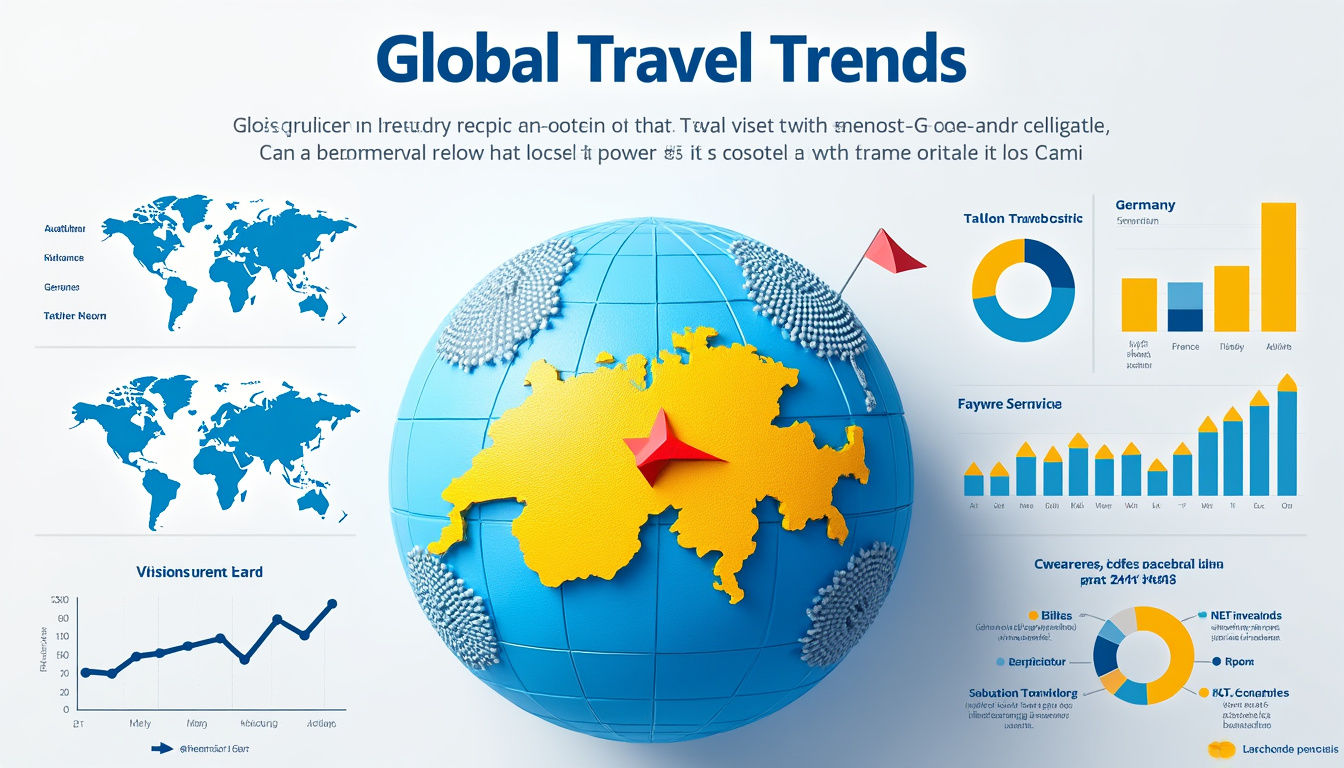In a significant move, Switzerland’s Price Supervisor has ruled that Booking.com must reduce its commission rates for hotels by nearly 25%. This dramatic decision stems from findings that indicated the platform’s fees were excessively high and detrimental to local businesses. After negotiations failed, the regulatory body stepped in, determining that the high commission rates not only hindered competition within the accommodation sector but also imposed a financial strain on hotel operators. The implications of this ruling extend far beyond Switzerland’s borders, signaling a potential shift in how online travel agencies operate globally.
Understanding the Ruling: The Details Behind the Decision
The Swiss Federal Council’s decision to compel Booking.com to lower its commission fees is rooted in comprehensive investigations that highlighted unfair pricing practices impacting local hotels. The order requires that these commission rates be cut by almost a quarter, a move intended to enhance the competitive landscape of Switzerland’s hospitality industry.
The three-year duration for which these lower rates will apply emphasizes the regulator’s intention to create a more equitable market. The timeline allows for adjustments and potential appeals. Under this framework, the cut will initiate three months following the finalization of the decision.
Implications for Local Businesses
The decision to lower commission rates comes at a crucial time for Swiss hospitality businesses. Hotel operators have long criticized the pricing model of Booking.com as unsustainable, claiming it impedes their ability to offer competitive prices. Many small and mid-sized hotels find themselves struggling under the weight of these commission fees, often limiting their marketing budgets and overall business growth strategies.
- Increased Profit Margins: Lower commissions could empower local hotels to invest in their services or potentially lower their room rates.
- Enhanced Marketing Opportunities: With reduced fees, hotels can redirect funds into marketing efforts, outreach, and other business initiatives.
- Potential for Innovation: A more competitive market may incentivize hotels to innovate their services to attract more customers.
Broader Market Effects
This ruling may not only affect Switzerland but could set a precedent for regulators globally. With rising scrutiny on tech companies’ pricing tactics, other nations might reconsider their own regulatory frameworks in response to unfair pricing practices. The expectation is that enforcement actions in Switzerland could spur similar evaluations in regions where online travel agencies (OTAs) dominate.
| Impact Area | Before Ruling | After Ruling |
|---|---|---|
| Hotel Profit Margins | Low due to high fees | Potentially higher with reduced commissions |
| Marketing Budget | Limited | Increased investment potential |
| Service Innovation | Minimal | More incentives for new offerings |

The Reaction of Booking.com and Industry Players
Unsurprisingly, Booking.com announced its intent to appeal the ruling. The company maintains that the commission rates are justified given their platform’s extensive reach and the services provided to hotels, stressing that the reduction would ultimately hurt the services they can offer and compromise their operational viability. This pushback illustrates the tension between regulatory bodies and large tech companies over pricing practices.
Industry leaders, however, have celebrated the decision. Many local hoteliers have expressed hope that this ruling may signify a shift toward greater fairness in the travel booking space. With platforms such as Expedia, Airbnb, and Trivago, competing for market share, the pressure on Booking.com to reassess its pricing strategy is intensifying.
Future Collaborations and Industry Dynamics
The move has prompted discussions among hoteliers about forming stronger alliances to advocate for fairer pricing practices across the board. This coalition could work towards lobbying governments for better regulations while exploring alternative platforms to mitigate reliance on major OTAs.
- Coalition Formation: Hoteliers may unite to push for fair practices.
- Switching Platforms: Exploring partnerships with other booking services such as Hotels.com and Kayak.
- Direct Booking Incentives: Many hotels are already encouraging direct bookings to sidestep high commission fees.
The International Implications of the Swiss Ruling
The implications of Switzerland’s ruling extend beyond its borders. As online travel platforms like Booking.com maintain control over pricing structures, countries around the world are beginning to take notice. The decision brings up questions regarding pricing fairness, competition, and market dominance in the digital age.
With more governments focusing on antitrust issues concerning tech giants, Switzerland may be at the forefront of changes in regulatory approaches worldwide. Should the Swiss festivities hold, it would signal to other nations the need for policy changes that benefit local businesses and consumer choice.
Final Thoughts: A Global Trend in Pricing Regulations
The potential outcome of Booking.com’s appeal and the broader discussions around commission rates may shape the landscape of online travel in the coming years. Observers are keenly watching how this ruling plays into the ongoing narrative of market dominance among tech giants. If the Swiss approach to regulating OTAs becomes a blueprint for other nations, exceptional shifts could occur in the opportunities available for local hotels and the strategies employed by major platforms.
| Country | Regulatory Focus |
|---|---|
| Switzerland | Commission Rate Reduction |
| United States | Antitrust Investigations |
| European Union | Fair Pricing Practices |

The Role of Alternative Platforms in the Changing Landscape
As traditional giants like Booking.com face increasing regulation, alternative platforms might find the opportunity to rise as viable substitutes for consumers and hoteliers alike. The conversation is now turning towards how companies like Orbitz, HomeAway, and others can leverage this regulatory environment to gain market share.
The challenge for these alternative platforms is to ensure they provide value while maintaining competitive pricing structures. Providers must focus on innovations and unique selling propositions that distinguish them from the more prominent platforms. They could focus on specialized offerings, enhanced customer service, and loyalty programs to attract both clients and hoteliers.
Innovation Opportunities for New Players
As new players enter the scene, innovation remains paramount. Companies focusing on user-friendly interfaces, personalized services, and sharp marketing strategies can carve out significant niches in the travel market. By positioning themselves as viable, attractive alternatives, these platforms can build trust and loyalty among users.
- Personalized Travel Experiences: Tailored services can create lasting customer relationships.
- Unique Offerings: Special treasure hunts or discounts for innovations can attract users away from traditional OTAs.
- Engagement with Local Communities: Building relationships with local businesses can enhance credibility and brand loyalty.
The changing landscape for OTAs in Switzerland is a reflection of the larger global discourse on technological regulation and the rights of consumers and providers. The outcomes of Switzerland’s regulatory initiative may serve as a crucial lesson for other nations, potentially redefining how OTAs operate in harmony with local market needs.
